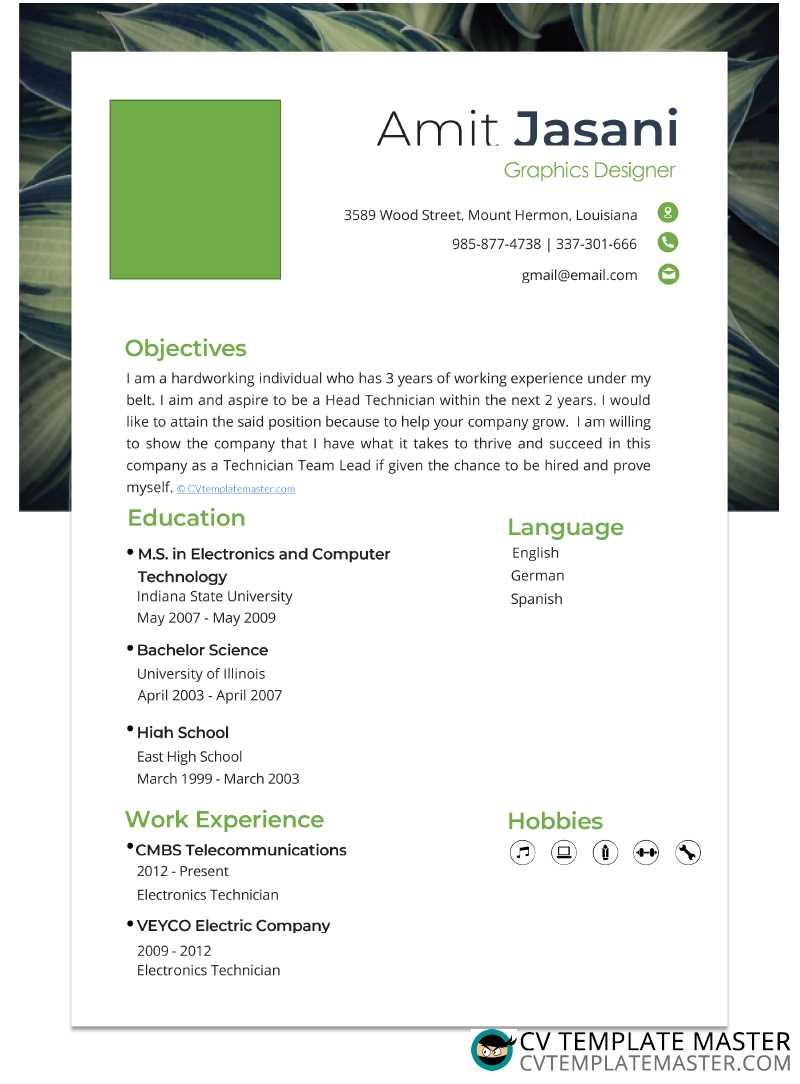Template details:

How to choose your CV references wisely
A reference is often used by an employer as a final check, typically after the interview stage. From the job seekers perspective choosing the right references should be quite simple, right?
Whilst it may be tempting to simply list a few previous managers, there is another approach which may be far more beneficial. Choosing the very best references requires a lot more patience and thought if you want to really impress your future boss.
We want to help you get the most out of your references, so here’s our guide on why and who you should pick…
Don’t aim too high
It’s important to choose someone who you have worked closely with. This should be a manager or supervisor who can give an accurate reference as opposed to a generic one.
If you choose someone that you didn’t work closely with, you are going to end up with a generic reference. This could cause the employer to become suspicious, and assume that something could be wrong. Vague and generic reviews and references do not go down so well. It might look impressive on your CV choosing the CEO of the company, but your performance review won’t be.
Is the CEO providing a vague reference because they thought you performed poorly? This is exactly what the employer will think, so choose someone better.
Your direct line manager or supervisor is always the safest choice. If this person gave you monthly or quarterly appraisals, they are in a great position to provide an accurate reference.
Would you like to read the ultimate guide to help you decide who to choose? If so, please read – Choosing the right CV references.
Choose quality time over title
The best way to choose a reference is to consider someone who you know very well. Having a good relationship with your reference will make the world of difference. They will be better equipped to give a more accurate reference, and also a positive one.
The title of that person within the company is not as important as the reference they give. However, if you are able to choose someone higher up the chain that you also worked closely with, then of course you should go with them. Impressive titles like CEO, COO, or director will certainly go a long way to impressing a new employer. But above all else, the quality of your reference overrides anything else.
Gain their permission
You should contact your references in advance and ask for their permission. It ensures they are not taken by surprise and can prepare in advance. If they don’t seem interested in speaking with you and a little resistant to your requests, then maybe they are not the best choice of reference. Better to know now!
You can also give them a heads up as to who might call and the things that would be great to discuss. Having your reference onboard will assist them in fielding better answers. Let them know what type of role you’re applying for in case that helps shape their feedback.
Collect accurate personal information
Finally, you want to ensure the details of your references are accurate at the time of writing your CV. If the new employer is unable to contact a reference, it may affect your chances of being hired. At the very least, it will frustrate the employer and make things difficult for them. Time is of the essence when hiring, so the manager wants swift answers.
You should get their full name and job title, email and contact number. Also, their current company name and address. Everything has to be correct otherwise you may find the employer is struggling to gain a reference. Again, this could cause suspicion or at the very least, frustration for your lack of care.
Some of you may be wondering if you even need to include references in your CV. For further help with your decision, please read – Should I include references in my CV?